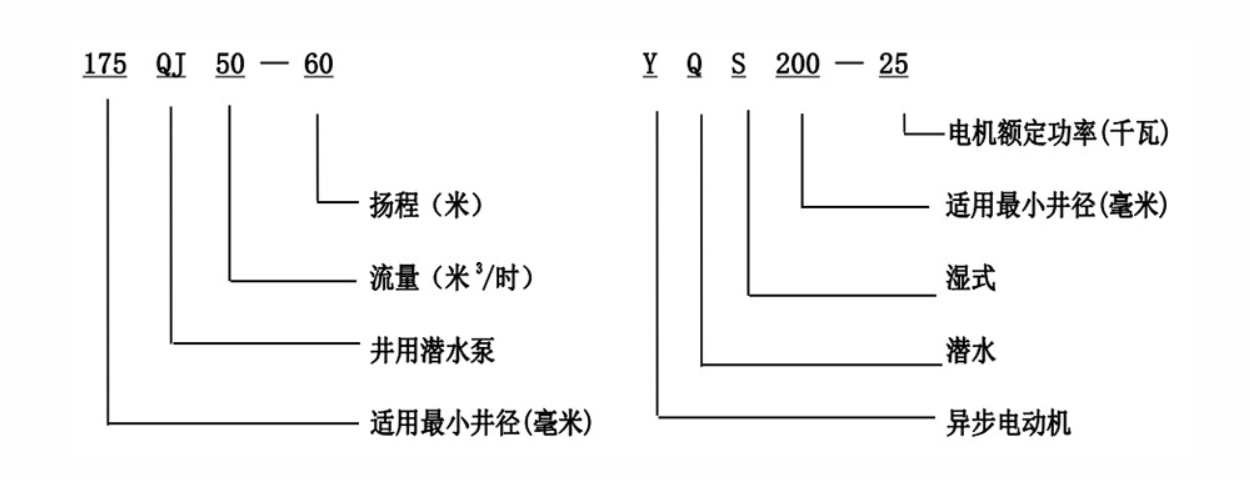Oct . 17, 2024 20:03 Back to list
Compact Submersible Pump for Small Spaces and Efficient Water Management
Understanding Small Submersible Pumps A Comprehensive Guide
Small submersible pumps are essential tools in various applications ranging from residential to industrial settings. Compact yet powerful, these pumps are designed to operate underwater, making them ideal for draining water, managing wastewater, and even irrigation systems. This article delves into the working principles, applications, advantages, and maintenance of small submersible pumps.
What is a Submersible Pump?
A submersible pump is a type of centrifugal pump that is submerged in the fluid it is pumping. This design allows the pump to push the fluid to the surface, rather than having to suction it. The small variant typically has a power rating under 1 HP, making it suitable for smaller applications, yet it maintains efficiency and performance.
How Does a Submersible Pump Work?
Submersible pumps operate by converting electrical energy into mechanical energy using a motor that is hermetically sealed and submerged within the fluid being pumped. The motor drives an impeller, which moves the fluid through the pump and up to the discharge area. The hydraulics involved in this process create a reliable and efficient means of transferring liquids from areas of lower elevation to higher elevations.
Applications of Small Submersible Pumps
1. Home Use One of the most common uses of small submersible pumps is for residential drainage applications. These pumps are effective in removing water from basements and crawl spaces, especially after heavy rainfall or flooding.
2. Irrigation Gardeners and farmers often utilize small submersible pumps to draw water from ponds, wells, or reservoirs for irrigation purposes. Their compact size allows for easy installation in various locations.
3. Aquariums and Aquaculture In aquaculture systems, small submersible pumps effectively circulate water, providing necessary aeration and filtration, while in aquariums, they help maintain water quality and health for marine life.
4. Sump Pumps Small submersible pumps are often used as sump pumps to prevent flooding in basements and low-lying areas. These pumps automatically activate when water levels rise, protecting property from water damage.
Advantages of Small Submersible Pumps
submersible pump small

- Space-Saving Design Their compact size allows them to be installed in tight spaces, making them a versatile solution for various applications. - Efficiency Operating submerged greatly reduces the workload on the motor, leading to higher efficiency compared to traditional pumps that require suction.
- Quiet Operation Because they are submerged, small submersible pumps generally operate more quietly than surface pumps, which can be particularly beneficial in residential settings.
- Durability Built to withstand harsh conditions, these pumps are often made from corrosion-resistant materials, which extend their lifespan.
Maintenance of Small Submersible Pumps
Proper maintenance is crucial for ensuring the longevity and efficiency of a submersible pump. Here are some tips
1. Regular Inspections Periodically check the pump for any signs of wear or damage, focusing on the electrical components and the impeller.
2. Clean Filters Ensure that any filters are kept clean to allow for optimal water flow and prevent clogging.
3. Check Power Supply Regularly inspect the electrical connections to ensure they are secure and free from corrosion.
4. Seasonal Maintenance Before and after seasonal use, especially in climates with freezing temperatures, ensure the pump is stored properly and checked for any damage.
5. Professional Servicing If issues arise or if the pump is not functioning as it should, consult a professional for servicing rather than attempting complex repairs yourself.
Conclusion
Small submersible pumps are versatile and efficient devices that play significant roles in both residential and industrial environments. Understanding their operation, applications, and maintenance can help users optimize the performance of these invaluable tools, ensuring water management tasks are completed effectively. Whether for a home, farm, or construction site, investing in a quality small submersible pump can lead to substantial benefits in efficiency and reliability.
-
Submersible Water Pump: The Efficient 'Power Pioneer' of the Underwater World
NewsJul.01,2025
-
Submersible Pond Pump: The Hidden Guardian of Water Landscape Ecology
NewsJul.01,2025
-
Stainless Well Pump: A Reliable and Durable Pumping Main Force
NewsJul.01,2025
-
Stainless Steel Submersible Pump: An Efficient and Versatile Tool for Underwater Operations
NewsJul.01,2025
-
Deep Well Submersible Pump: An Efficient 'Sucker' of Groundwater Sources
NewsJul.01,2025
-
Deep Water Well Pump: An Efficient 'Sucker' of Groundwater Sources
NewsJul.01,2025
-
 Submersible Water Pump: The Efficient 'Power Pioneer' of the Underwater WorldIn the field of hydraulic equipment, the Submersible Water Pump has become the core equipment for underwater operations and water resource transportation due to its unique design and excellent performance.Detail
Submersible Water Pump: The Efficient 'Power Pioneer' of the Underwater WorldIn the field of hydraulic equipment, the Submersible Water Pump has become the core equipment for underwater operations and water resource transportation due to its unique design and excellent performance.Detail -
 Submersible Pond Pump: The Hidden Guardian of Water Landscape EcologyIn courtyard landscapes, ecological ponds, and even small-scale water conservancy projects, there is a silent yet indispensable equipment - the Submersible Pond Pump.Detail
Submersible Pond Pump: The Hidden Guardian of Water Landscape EcologyIn courtyard landscapes, ecological ponds, and even small-scale water conservancy projects, there is a silent yet indispensable equipment - the Submersible Pond Pump.Detail -
 Stainless Well Pump: A Reliable and Durable Pumping Main ForceIn the field of water resource transportation, Stainless Well Pump has become the core equipment for various pumping scenarios with its excellent performance and reliable quality.Detail
Stainless Well Pump: A Reliable and Durable Pumping Main ForceIn the field of water resource transportation, Stainless Well Pump has become the core equipment for various pumping scenarios with its excellent performance and reliable quality.Detail
